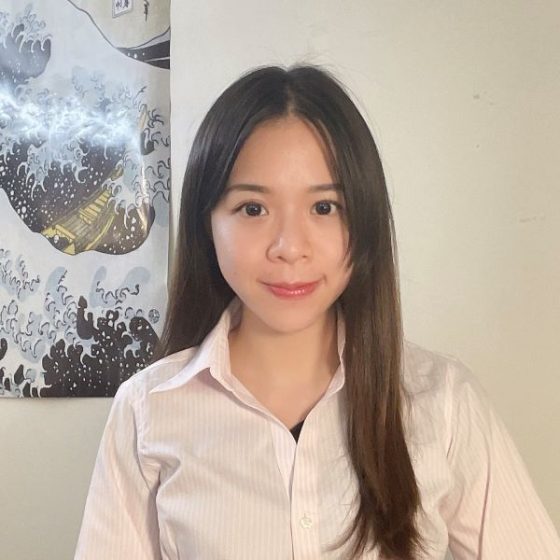Check out some tips we’ve gathered from some HRO alumni who provided us with an insight into how to look after your mental health whilst navigating the transition from studying to work:
Alumni: Mikael Rantanen
Programme: MSc Human Resources and Organisations
Year of Graduation: 2022
Current role (at time of publishing): HR Graduate, The Biofore Company
Truthfully, the segway from academia, student community, library hangouts, and afters at George to the life of a responsible 9-5 job is a shock. Your identity shifts and you may lose a bit of your edge. Rest assured that happens and it’s a natural rite of passage. The pressure of a new job, new identity, and new requirements for life could’ve been overwhelming if it wasn’t for the few things I held onto:
✍ Writing – This is one of the most common ways to vent and handle life changes. I would write down everything that required a thinking capacity, ranging from trivial stuff like “What am I going to eat this week” to more serious stuff like “Am I a decent person?”. This helped me tremendously, not because I would have the answers, but because I would acknowledge anything that caused stress. Remember to also write about events that made you happy.
🗣 Talking – This I find to be difficult but incredibly important. Again, it’s not about finding answers or revelations but acknowledging what might hurt. Through a conversation the listener can add different perspectives to your situation, so try and talk. Try talking to a dog, they are the best listeners!
💻 Minimising remote work – Get to the office and have as many chats with your colleagues as possible, you may get new hobby ideas, restaurant recommendations, movie suggestions or if you’re lucky, lunch-time Kahoot invitations!
Alumni: Elena Stoyanova
Programme: MSc Human Resources and Organisations
Year of Graduation: 2020
Current role (at time of publishing): People & Culture Specialist, Google DeepMind
Navigating the transition into the professional world is a big step, and your mental well-being should be a top priority. Here are some strategies I personally use to maintain a healthy work-life balance at Google DeepMind:
🚶♀️ Lunchtime Walks – Stepping away from my desk (on a good day) for a walk during lunch helps me clear my head, get some fresh air, and recharge for the afternoon.
💆♀️ Monthly Massages – I’m lucky to have access to massage rooms at work, and I try to book one each month to de-stress and relax.
☕ Coffee Chats – Connecting with colleagues over coffee is a great way to build relationships and foster a sense of community, so I make time for this regularly.
🧘♂️ Weekly Yoga – My yoga practice is a non-negotiable part of my routine. It provides a mid-week energy boost and helps me stay grounded and focused.
📵 Clear Boundaries – After work hours, I turn off my work phone to disconnect and focus on my personal life. This helps me avoid burnout and maintain a healthy work-life balance.
Remember, everyone’s approach to well-being is different. Experiment with various activities and strategies to discover what works best for you. Prioritising your mental health is an investment in your long-term success and happiness 😊
Alumni: Joris Wonders
Programme: MSc Human Resources Management and Employee Relations
Year of Graduation: 2001
Current role (at time of publishing): Partner at Stork & May LLP
Three very practical things have served me well from a mental health perspective, particularly at times of stress or change:
📅 Allow for small blocks of time in your diary to decompress and prepare for whatever your next meeting or task might be. This helps you feel more in control rather than charging unprepared from one activity to the next.
❌ Practice saying ‘no’ or at least buying yourself time before committing to things, that you may not be ideally placed or have the time to do. Having time to think also allows you to helpfully suggest alternatives.
🤝 Lastly, and this is a bigger piece of work and coaching can be helpful to think it through, consider where your boundaries are. What are you not prepared to compromise or what, selfishly, do you need to protect at all costs?
Find out more about our MSc Human Resources and Organisations programme.
Check out how you can get involved with the department as an alumni.
LSE careers have put together some resources to support you with the transition from university to the workplace.






